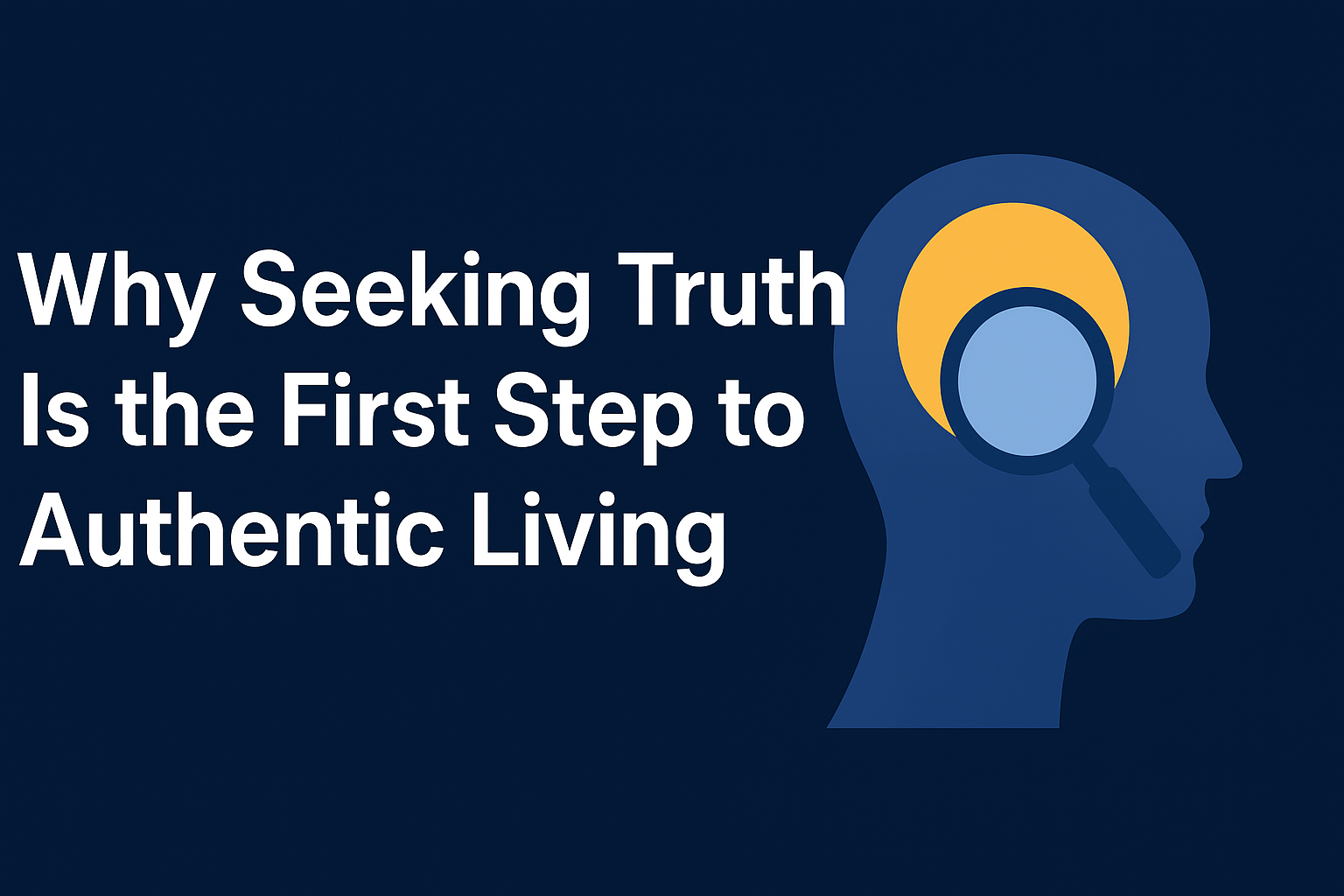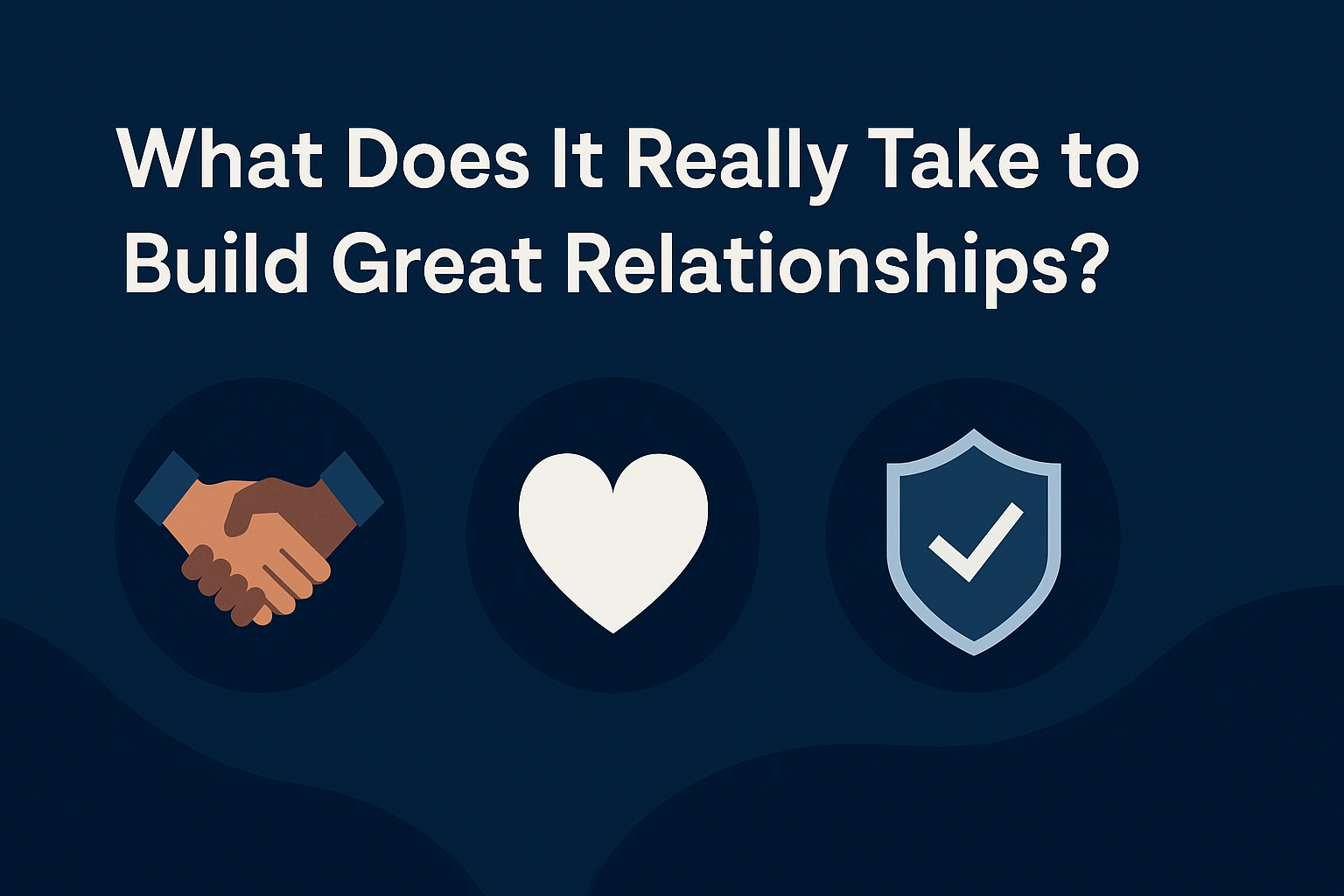Building strong social connections is one of the greatest skill one can acquire. This skill can open doors, boost self confidence, and create lasting relationships. All joy and fulfillment in life come from having great relationships. But it’s more than just being friendly; it’s about understanding how to make friends and influence people in a way that’s genuine and positive. Here, we’ll dive into essential strategies to help you develop meaningful connections and build your influence authentically.
Understanding Influence: It’s Not Manipulation
First things first—let’s clear up a common misconception about influence. Influence isn’t about manipulating or convincing people to do things they don’t want to do. Instead, it’s a skill rooted in empathy, trust, and authenticity, aimed at creating connections and common ground. True influence comes from a place of mutual respect, where both parties feel valued. It is about directing others in a direction of where they want to go with resources that you have.
Think about people in your life who have influenced you. Maybe it was a teacher who believed in you, a friend who supported your goals, or a mentor who guided you. They didn’t force you into anything, but their guidance helped you see things differently or try new approaches. That’s the kind of influence we’re aiming for here—authentic and supportive.
The First Step to Making Friends and Influence: Building Rapport
Find Common Ground
The best saying that has stuck with me about influence and building connections is, “You don’t have to be the most interesting, you just have to be the most interested in others.” To build influence, the first step is finding something in common with the person you’re interacting with. Whether it’s shared interests, hobbies, or goals, people are naturally drawn to those who they feel are “like them” in some way. It can be as simple as liking the same sports team or coming from the same hometown. This is referred to as “breaking the ice.” Think about someone you considered to be your best friend. What are all the qualities they have that make you such great friends. You will quickly find that you and them have more things in common that anyone else. Everyone has their guards up when meeting someone new and making that first impression is important.
Finding common ground is a way to lower someone’s guard and let’s the other person know, “Me and you are very similar, you can trust me.”
Show Genuine Interest
People know when you’re genuinely interested in what they have to say. Showing curiosity in their life, opinions, and stories is crucial for building strong connections. Simple actions like asking questions or remembering small details they’ve shared can go a long way.
Ask open-ended questions like, “What’s something you’re passionate about?” or “How did you get started with [hobby or job]?” It’s amazing how open people become when they feel that you truly care about them. And once they tell you continue to ask questions about them or what they are into. The depth of your questions show that you are truly interested in them and value their experience or perception.
If you don’t remember everything just remember this, people are more interested in talking about themselves than hearing other people talk about themselves. This is the key.
Mastering Active Listening: The Key to Strong Connections
What Is Active Listening?
Active listening is more than just hearing words; it’s about fully understanding what the other person is communicating and responding thoughtfully. Be present. Listening with intention of truly understanding the other person not with the intent of responding and thinking about what to say next. Repeating what they are saying and also displaying empathy, which is matching their emotion. This builds trust, shows respect, and makes others feel valued.
In an era of distractions, active listening is often overlooked but incredibly powerful. Imagine you’re talking to someone, and they keep checking their phone. How would that make you feel? Now flip that scenario—how much more connected would you feel if they made eye contact, nodded, and responded to your points? That’s the power of active listening.
Techniques for Active Listening
- Maintain Eye Contact: It shows you’re focused on them.
- Match their physical stance: If they are laid back, lay back. If they have arms folded, fold your arms.
- Use Verbal Cues: Simple phrases like “I see,” or “That makes sense” show engagement.
- Reflect and Summarize: Rephrase what they’ve said to confirm understanding. For example, “So, what you’re saying is…”
Active listening isn’t just a communication technique; it’s the foundation of any genuine relationship.
The Role of Emotional Intelligence in Making Friends and Influencing Others
Emotional intelligence (EI) is about being aware of your own emotions and those of others. And holding our emotions independant from what others say or do to us. It helps in regulating your responses and empathizing with others’ feelings, both of which are essential when making friends and influencing people. Also key in decision making and leadership.
Self-Awareness and Regulation
Knowing your emotions can prevent overreactions in social situations. If you’re aware that you’re feeling anxious or frustrated, you can take a moment to compose yourself instead of letting those emotions affect the conversation. This self-awareness allows for more genuine and productive interactions.
Empathy and Understanding
Empathy is the ability to put yourself in someone else’s shoes, and it’s essential for building connections. When you understand others’ feelings, they’re more likely to feel valued and trust you.
One of my friends struggles with handling conversations with others when they are emotional. Normally he would stay silent and shut down. But when he started focusing on empathy—really listening and trying to understand others’ perspectives—he found conversations to be more enjoyable, and connections formed more naturally. You don’t need cry with them, just let them know that you understand that you know how they feel and they are heard. People are looking for people to listen and understand them.
Building Trust Through Consistency and Integrity
Trust is the foundation of making friends and influencing others, and building trust requires consistency and integrity. If people can rely on you to follow through on your commitments and be honest, they’re more likely to respect and trust your influence. And building trust with others stems from one thing: your character. Who you are and being you is more important than just understanding how to make friends and influence people.
Honesty and Authenticity
Be yourself, and don’t pretend to be someone you’re not. People appreciate authenticity and are more likely to trust someone who is genuine. Even if your opinions differ, respectfully sharing your perspective shows you’re honest, which builds credibility.
Honor and Follow Through on Commitments
If you say you’re going to do something, do it. It sounds simple, but following through is a crucial aspect of building trust. By consistently showing up and delivering on your promises, you establish yourself as someone people can count on. But most important honor the commitments you make to yourself.
Techniques for Positive Influence
Once you’ve built trust and rapport, you can use positive influence techniques to strengthen your connections even further.
Ask Thoughtful Questions
Again people love talking about themselves and their experiences. By asking thoughtful, open-ended questions, you not only show interest but also create opportunities for deeper conversations.
Give Genuine Compliments
Compliments can be a great way to connect when done genuinely. Be specific and sincere. For instance, instead of saying, “You’re good at your job,” try something like, “I noticed how organized you were during that project, and it made a huge difference. Great job!” Every great compliment is concreted in truth and comes from a space of wanting to encourage the other person.
Overcoming Social Barriers and Building Confidence
Addressing Fear of Rejection
It’s normal to fear rejection, but remember that not everyone you meet needs to become a lifelong friend. Approach social situations with an open mind and focus on the experience rather than the outcome.
Practice Makes Perfect
Start small by talking to someone in line at a coffee shop or at a social event. The more you practice, the more comfortable and confident you’ll become in various social situations. But also don’t forget to ask for feedback. Practice can make perfect with feedback from others.
Develop a Growth Mindset for Social Success
View every social interaction as a learning experience. Even if a conversation doesn’t go as planned, think about what you can learn from it for next time. This mindset helps you grow and become more resilient in social settings.
Conclusion: Building Influence for Strong Social Connections
Influencing people isn’t about manipulation—it’s about building connections based on trust, empathy, and genuine interest. Also it’s more than just being friendly; it’s about understanding how to make friends and influence people in a way that’s genuine and positive. By focusing on rapport, active listening, emotional intelligence, and authenticity, you can create meaningful relationships that support both personal and professional success. Also the key to being a great leader!
Start with small changes, like asking thoughtful questions and practicing active listening. Over time, these skills will help you make friends and positively influence people in a way that’s both rewarding and lasting. So go ahead, try these techniques, and watch as your social confidence grows, opening doors to new friendships and opportunities.
References
Carnegie, Dale. How to Win Friends and Influence People. Simon & Schuster, 1936.
Goleman, Daniel. Emotional Intelligence: Why It Can Matter More Than IQ. Bantam Books, 1995.
Cialdini, Robert B. Influence: The Psychology of Persuasion. Harper Business, 1984.
Brown, Brené. The Power of Vulnerability. TED, 2010.
“Emotional Intelligence and Social Skills.” Psychology Today. psychologytoday.com





